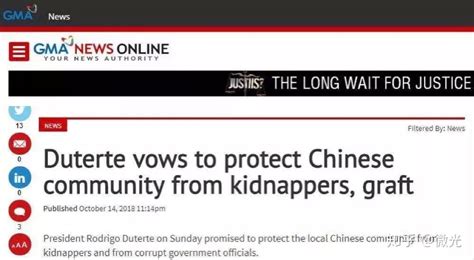Exploring Literary Allusions in English (探索英语中的文学典故)
Literature is a treasure trove of allusions, where authors often draw upon classical myths, historical events, and cultural references to enrich their writing. These allusions add depth and resonance to the text, inviting readers to explore layers of meaning beyond the literal words on the page. Let's delve into a few notable literary allusions in English literature, accompanied by their Chinese translations, to appreciate the richness of these references.
1. "Beware the Ides of March" Julius Caesar by William Shakespeare
意思:“提防三月份的十五号”
This famous line from Shakespeare's play "Julius Caesar" warns of impending danger. In the Roman calendar, the Ides of March falls on the 15th, marking the day of Caesar's assassination. The phrase serves as a cautionary reminder to be wary of unforeseen consequences.
2. "Catch22" Catch22 by Joseph Heller
意思:“进退两难”
Joseph Heller's novel introduces the term "Catch22," representing a paradoxical situation where one is trapped by contradictory rules or conditions. The term has since entered the lexicon to describe any dilemma with no apparent solution.
3. "Pandora's Box" Greek Mythology
意思:“潘多拉之盒”
According to Greek mythology, Pandora was given a box (often mistranslated as a "box" instead of a "jar") containing all the evils of the world. When she opened it out of curiosity, she unleashed these evils into the world, leaving only hope inside. The phrase "Pandora's Box" refers to any action that leads to unforeseen consequences.
4. "To be or not to be, that is the question" Hamlet by William Shakespeare
意思:“生存还是毁灭,这是个问题”
This soliloquy from Shakespeare's "Hamlet" reflects on the existential dilemma of life and death. Hamlet contemplates the futility of existence and the fear of the unknown, pondering whether it is nobler to endure life's sufferings or to end them through death.
5. "Big Brother" 1984 by George Orwell
意思:“老大哥”
In Orwell's dystopian novel "1984," Big Brother is the personification of the oppressive regime that monitors and controls every aspect of citizens' lives. The term "Big Brother" has since come to symbolize government surveillance and authoritarian power.
6. "Achilles' Heel" Greek Mythology
意思:“阿喀琉斯之踵”
In Greek mythology, Achilles was a formidable warrior whose only vulnerability was his heel, where his mother, Thetis, held him while dipping him in the River Styx to make him invulnerable. "Achilles' Heel" now refers to a person's weakness or vulnerable point.
7. "Don Quixote" Don Quixote by Miguel de Cervantes
意思:“堂吉诃德”
Cervantes' novel follows the adventures of Don Quixote, a chivalrous knight who sets out on absurd quests, inspired by his idealistic notions of heroism. The character of Don Quixote has become synonymous with idealism, often to the point of impracticality.

These literary allusions not only enrich the text but also offer insight into broader themes and concepts. By recognizing and understanding these references, readers can deepen their appreciation of literature and its enduring impact on language and culture.
[点击此处下载PDF版本]()











